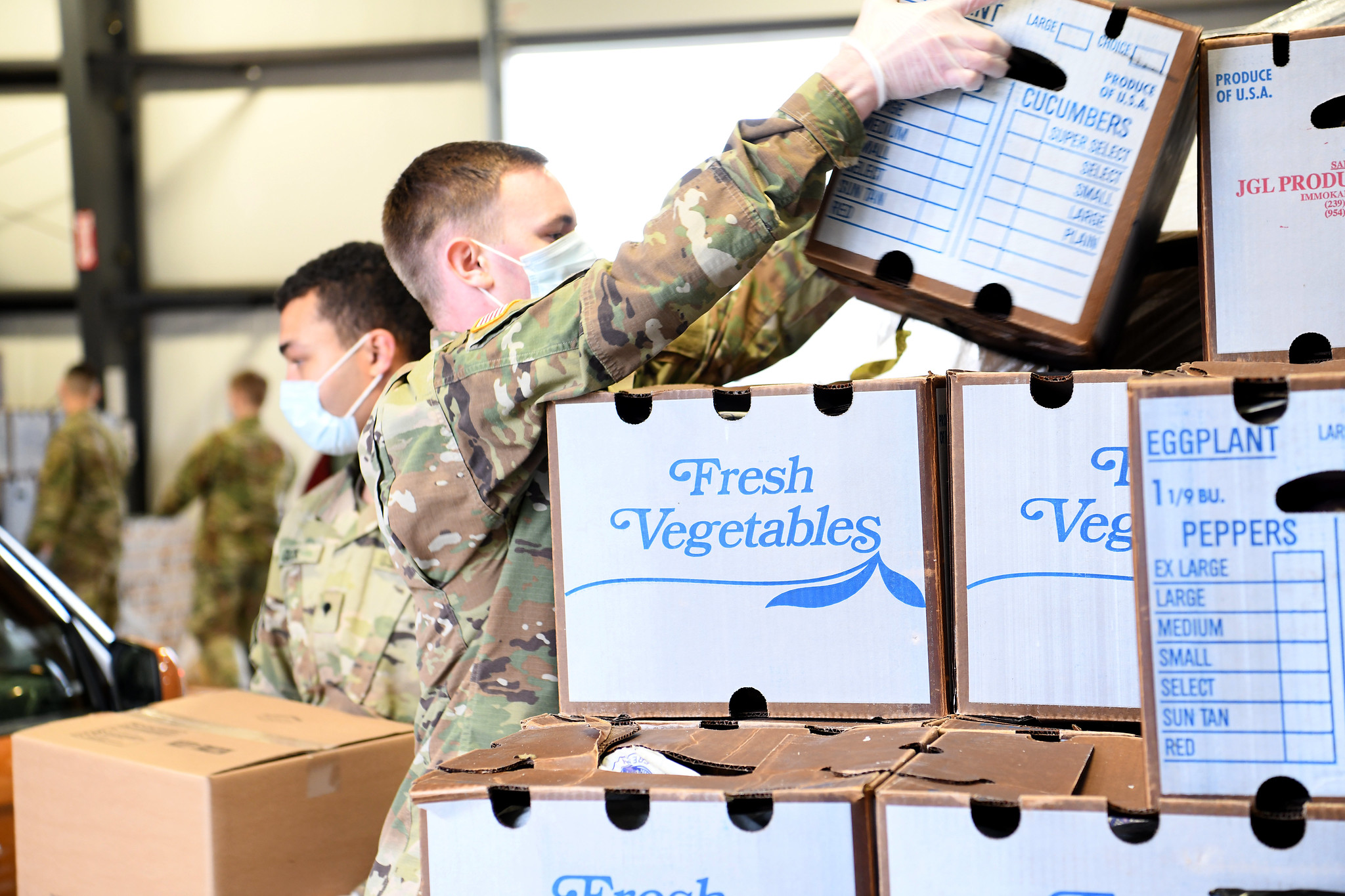Wright State University Libraries’ Special Collections and Archives have sent the call for volunteers to document their experience during the COVID-19 pandemic. This is part of an effort to preserve local perspectives on this global issue.
The department has been collecting artifacts, journals and other primary sources from the area since 1967. The Archive’s goals are to collect and preserve history and make it available for research. It balances preservation with accessibility, allowing the material to survive for future generations.
In this uncertain time, the Archive is accepting several kinds of testimonials from citizens of the Miami Valley via handwritten notes, typed word documents, social media posts, photographs, videos or audio recordings.
“We are living through a time in history that is not an ordinary occurrence,” Dawne Dewey, the Head of the Special Collections and Archives, said. “Yes, it has happened before, such as when the 1918 Spanish Flu epidemic killed thousands, but it is the first time it has happened to current generations.”
The journals can focus on several aspects of the subject’s life and the department has a list of suggestions for those not used to putting their thoughts to paper down or need guidance on where to start. Below are a few:
- What did you do today (or this week)? How was that different from what you would do on a “normal” day/week?
- What changes have you personally experienced (physically, mentally, and/or emotionally) since this crisis began?
- What changes have you observed in your family, your friends, or your local community?
- Do you typically work outside the home? What is your job normally like? What is it like right now? Are you still working, whether on-site or remotely? Why or why not? How’s that going?
- Are you practicing social distancing? Why or why not? What are you doing? How is this affecting your relationships? How do you stay in touch with family and friends?
- What has been the most difficult thing for you personally about this crisis? Do you think there’s anything positive that may come from what’s happening?
“We can’t wait to collect this material,” Dewey said. “People need to write down what is happening now, reflect on how they feel about it and what they are experiencing. We plan to collect as much material as we can from a wide variety of audiences and ages and then place them in the archives. They will be made available for research and study.”
Citizens can send their journal to library-archives@wright.edu. The team is currently working on a separate page or form where they can be submitted but email is currently the best option.
“I’ve been reading stories from Dayton papers in 1918 talking about the Spanish flu epidemic and also diaries and letters of people who wrote about the flu and its impact,” Dewey said. “What they experienced over a hundred years ago sounds familiar to what we are experiencing now. If, several decades from now, people can learn from the diaries, photographs, social media posts, etc. of what people went through now, it will help inform how we react when this happens again.”
The department hopes that this documentation will help foster a sense of camaraderie and connection to the past with a shared experience that defines the people of the Miami Valley. It can potentially help shape future policy, attitudes and reactions to national events that affect local communities.
“I think a lot of people today don’t think their thoughts and experiences are important to preserve, but they are,” Dewey said. “Just like the diaries and letters and photographs from a hundred years ago that are in the archives, the traces we leave behind about what is happening today, what we are living through now, what we experience, what we think and feel, are important. Every person’s life story is worth preserving and reading about. It’s all history, whether it happened a long time ago or this morning.”
The Special Collections and Archives have amassed millions of photographs, letters, diaries, scrapbooks, albums, financial records and much more throughout an eleven-county geographical region in Ohio over its five decades of existence.
It covers a plethora of topics including aviation history, local government, politics, women’s history, civic organizations, religious history, education, military history, business and industry and all areas of the arts.
Another focus of the department is on aviation history – all time periods, kites to the space age, worldwide, civil and military are covered. It holds the largest Wright Brothers manuscript collection in the world.
“…just about anything and any topic you mention, we have materials that will help you study it,” Dewey said.
It is not only open to Wright State students and faculty but to students from other universities, members of the general public, filmmakers, authors, researchers and the news media.
“Accessibility is very important to us,” Dewey said. “We believe that if you are going to collect all of this material, you need to make it accessible to the public.”
Henry Wolski
Staff Writer


